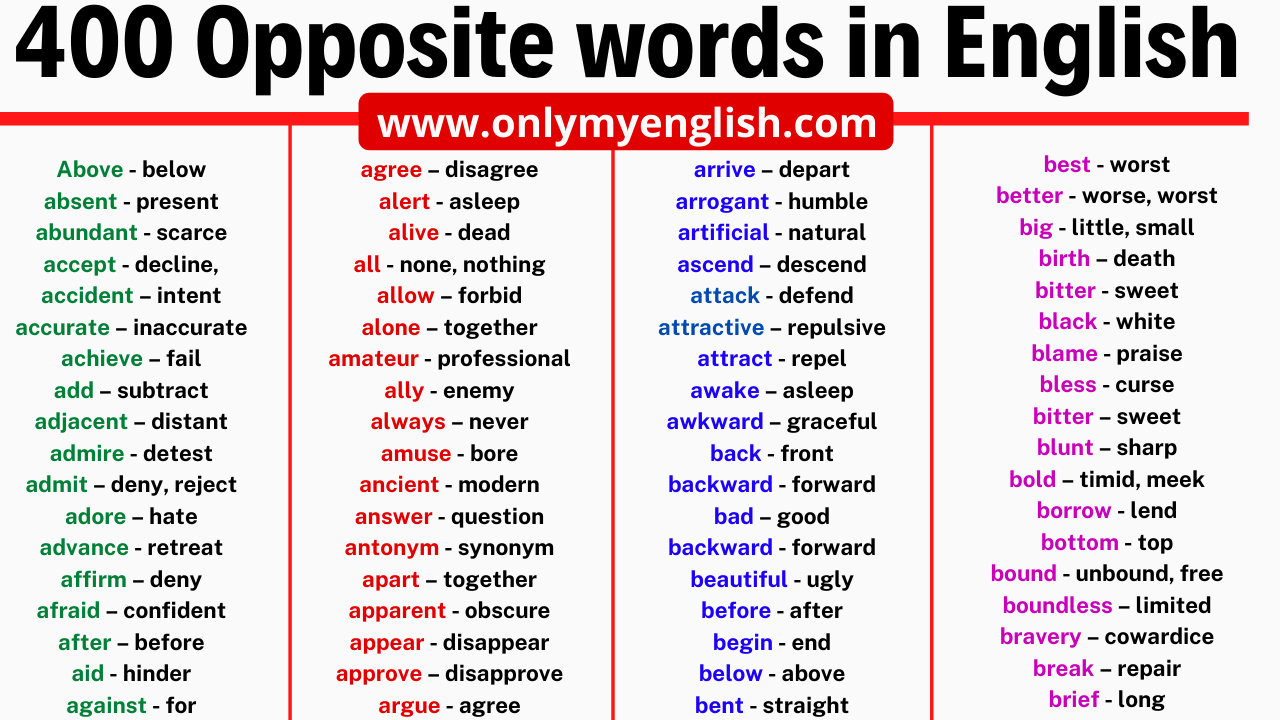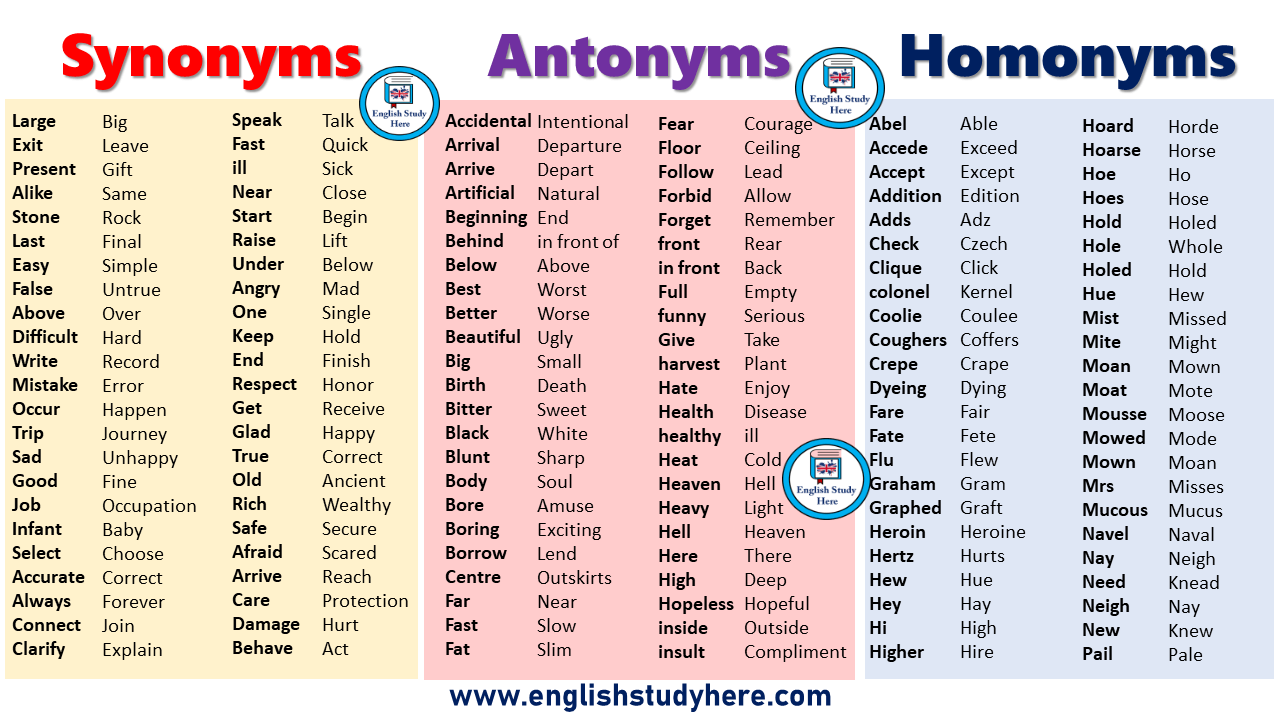

In short, the more synonyms you know, the better you’ll be at choosing the best word for what you want to communicate. The differences between good, fine, and excellent can affect communication, so if you say a meal was “fine,” it has a slightly different meaning than if you say the meal was “excellent,” even though they’re synonyms. Ĭhoosing the precise word is essential to writing well.

However, while good, fine, and excellent are all similar, there are some subtle differences: Fine tends to have a lesser degree of good, while excellent tends to have a greater degree of good. If you want to call something good, you can also call it fine or excellent. Let’s return to our synonym example for good. This variety of words is partly thanks to English’s usage of loan words, or words from other languages. While some languages have only one word for one meaning, English uses a variety of words to convey a single meaning, each with its own unique and subtle distinction.

Still, the central idea is the same: All these synonyms refer to something that is positive and not bad. Notice how the meanings are not always identical for example, excellent is a high degree of good, while satisfactory is more like a minimal amount of good. As one of the most commonly used words, good has a lot of synonyms that mean the same or almost the same thing: fine, excellent, satisfactory, wonderful, superb, etc. They come in every part of speech, including nouns, verbs, adjectives, adverbs, and prepositions.Īs a synonym example, let’s look at synonyms for good. Synonyms are different words that have the same or similar meanings. Grammarly helps you communicate confidently Write with Grammarly What is a synonym?


 0 kommentar(er)
0 kommentar(er)
